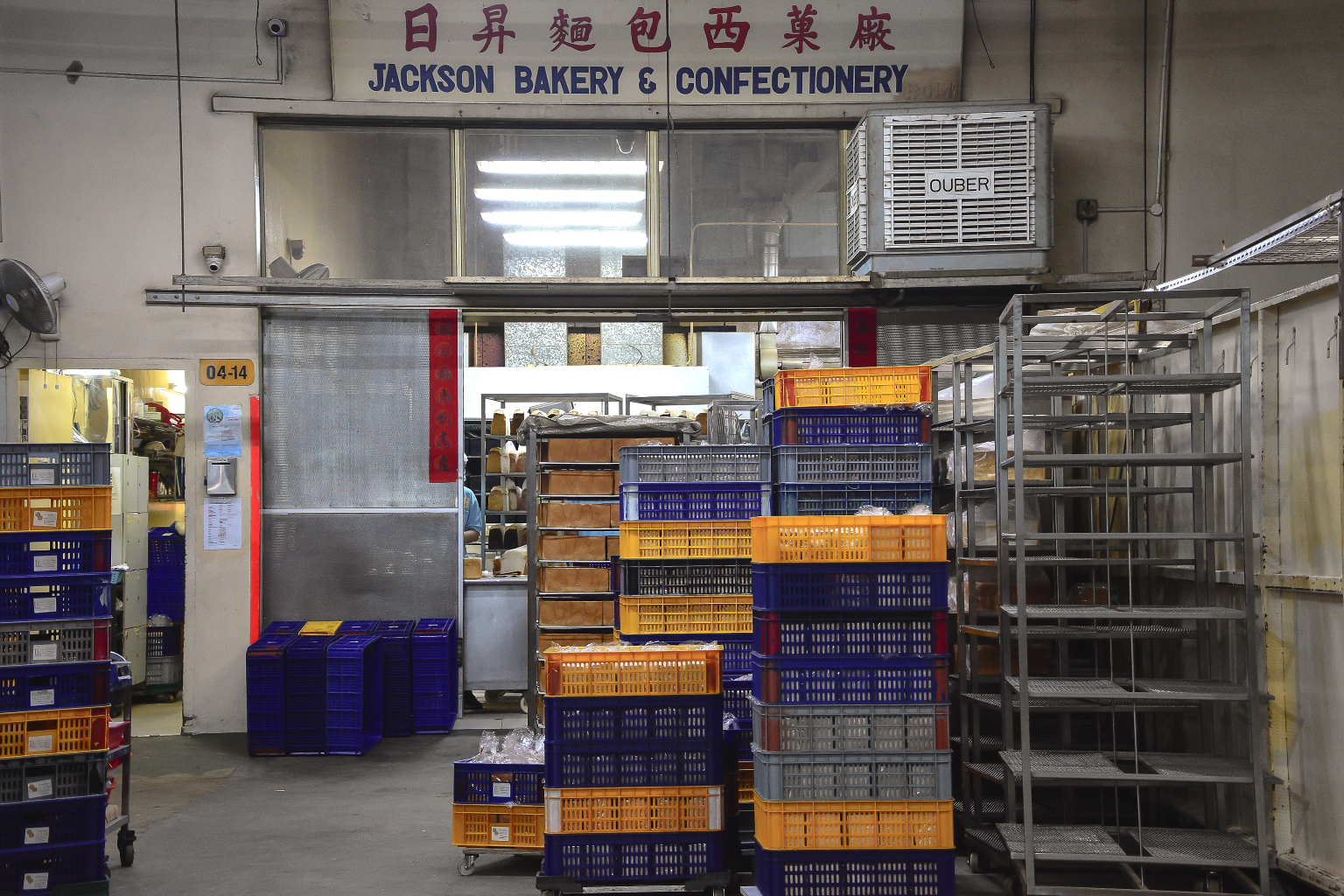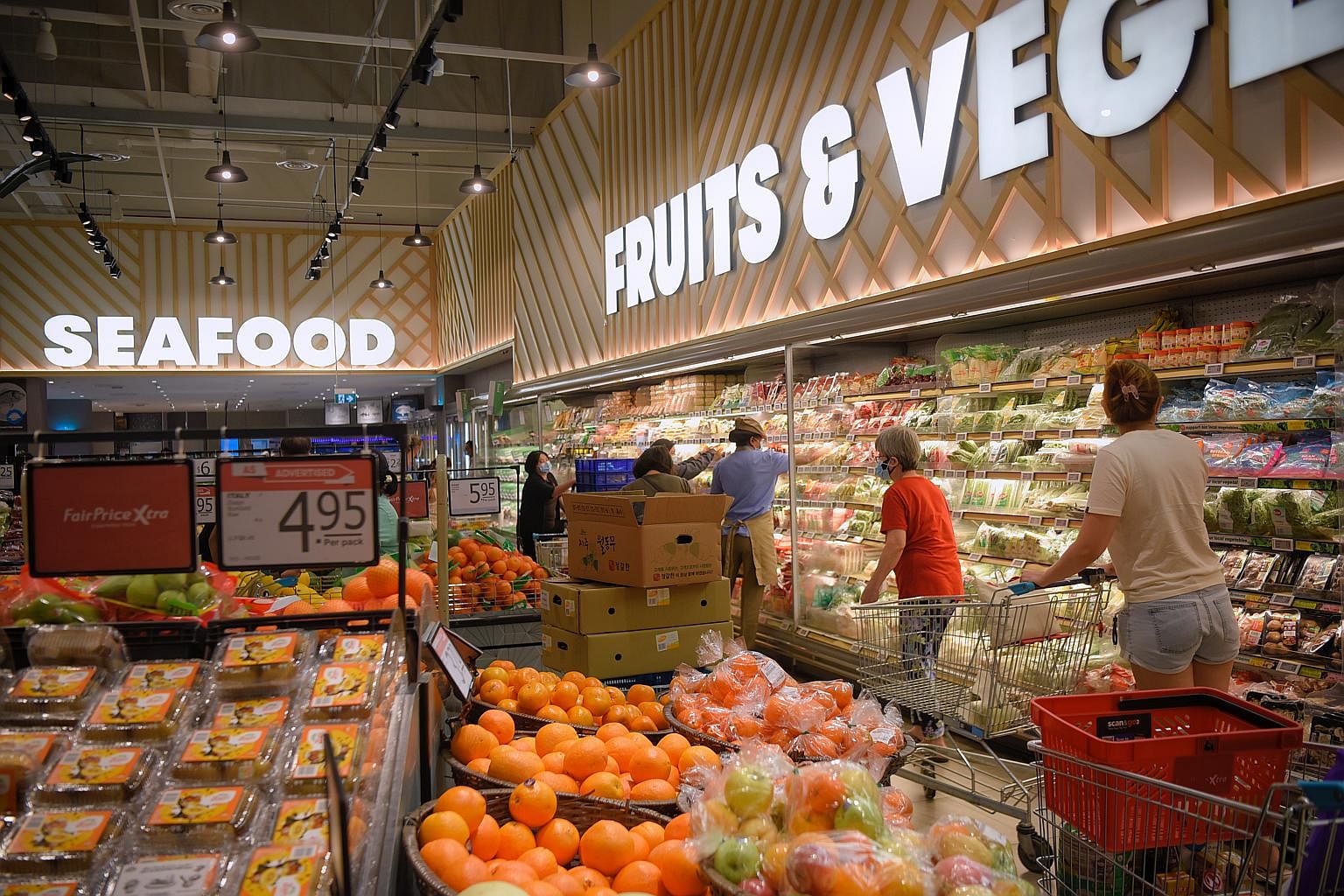In January, core inflation rose to 2.4 per cent year on year, the highest since September 2012, driven by price increases for food, electricity and gas. Now, with the Russia-Ukraine conflict triggering a surge in commodity and petrol costs worldwide, how will these developments affect the food industry in Singapore? The Straits Times finds out.
S’pore food traders, manufacturers start to feel the heat of rising prices of ingredients exported by Russia, Ukraine

Food importers and manufacturers here are increasingly concerned as the conflict between Russia and Ukraine continues to put pressure on the prices of wheat, corn and oilseeds, with some firms starting to feel the effects of supply disruptions and higher prices.
Russia and Ukraine are key players in the market for grains and oilseeds, which are the raw ingredients for flours and cooking oils. The flours, in turn, are used in many foods, from noodles to bread.
But with ports in Ukraine shut and businesses halted, suppliers there have become uncontactable, which is the problem facing Singapore importer Centuria International.
Russia-Ukraine conflict not likely to have direct impact on Singapore's food supply

While Singapore does import some foods, such as eggs and cooking oil, from Ukraine, as well as seafood and alcoholic beverages from Russia, volumes are low, said the Singapore Food Agency.
But the larger picture is that the conflict between the two European countries has led to higher oil prices and worsened a supply chain disruption triggered by the coronavirus pandemic, and these developments are likely to put pressure on food prices globally.
Supermarket chains here, including FairPrice, Dairy Farm and Sheng Siong, play it safe by relying on a diverse supplier base to ensure that their warehouses remain stocked and prices for essential items stay affordable.
Hawkers mull over raising food prices as Russia-Ukraine crisis adds to cost burden

Since she took over her father's yong tau foo stall 13 years ago, Madam Lee Siew Khim had raised her food prices only once before, in 2019.
Madam Lee, 50, who runs Xiu Ji Ikan Bilis Yong Tau Fu at Chinatown Complex Food Centre, will be increasing prices at her stall from next month due to rising food costs.
Her stall sells a bowl of six pieces of yong tau fu or a bowl of noodles or bee hoon with four pieces of yong tau fu for $3. They will go up to $3.50.
Madam Lee is one of the 38 hawkers The Straits Times spoke to about how the Russia-Ukraine crisis and inflation have impacted their business.
Seventeen of them said they will consider reviewing their food prices if supply costs and overheads continue to rise.
